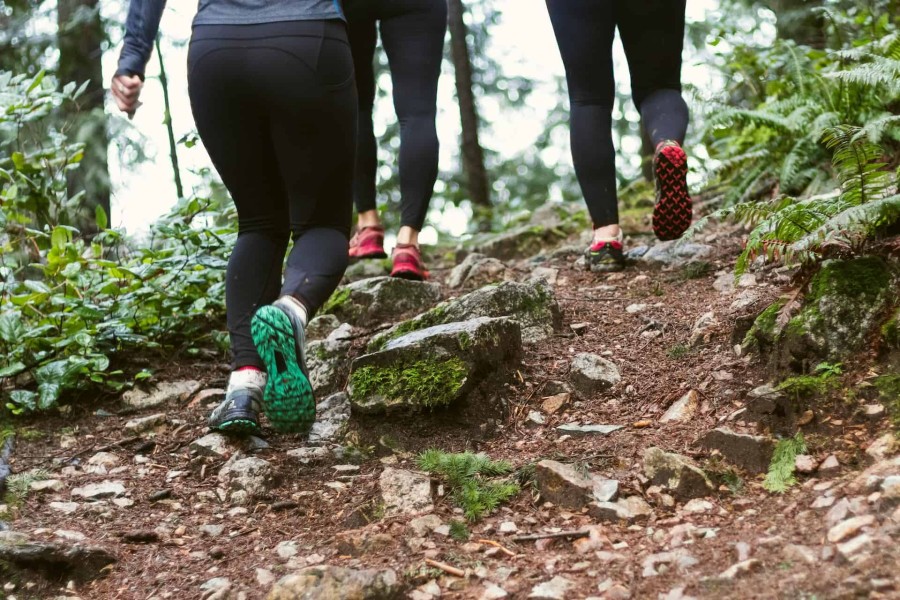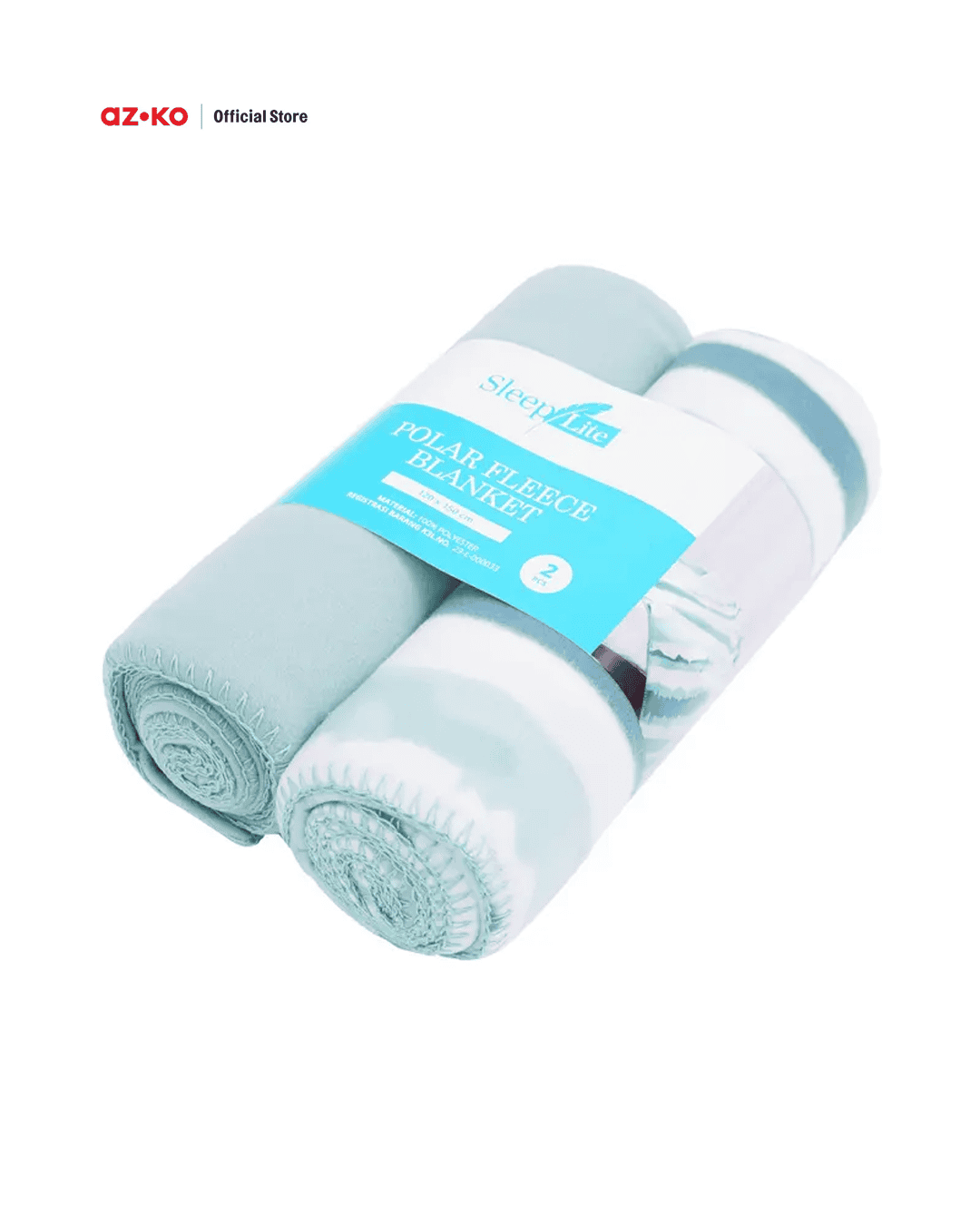
"Oftentimes, the most effective things in life are the simplest ones. Walking is one of them. Far from the image of strenuous exercise, this fundamental movement holds a transformative power that is rarely realized. Why wait? The strength to change your health is in your own feet, waiting to be activated."

Photo by CHUTTERSNAP on Unsplash

Photo by Greg Rosenke on Unsplash

Photo by Felix MacLeod on Unsplash




















